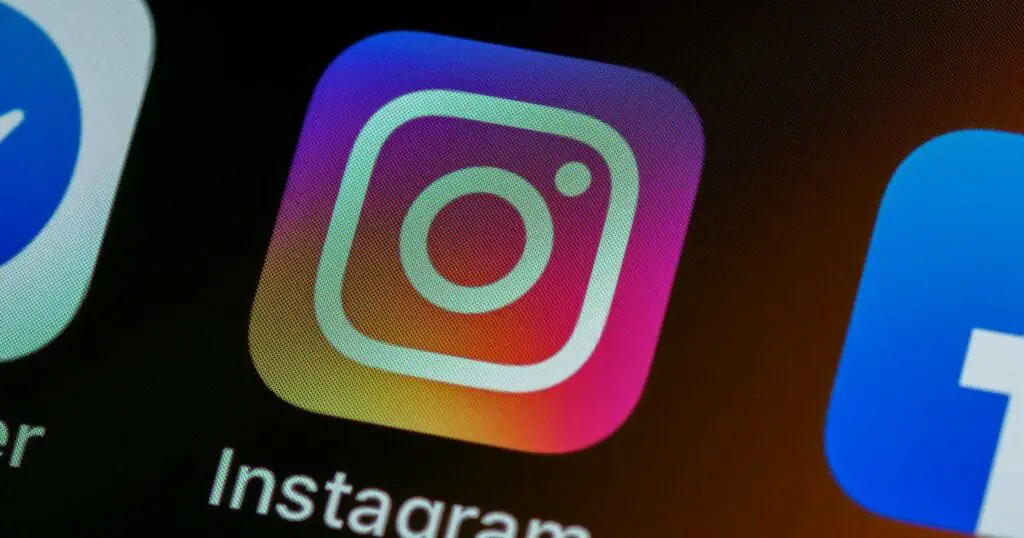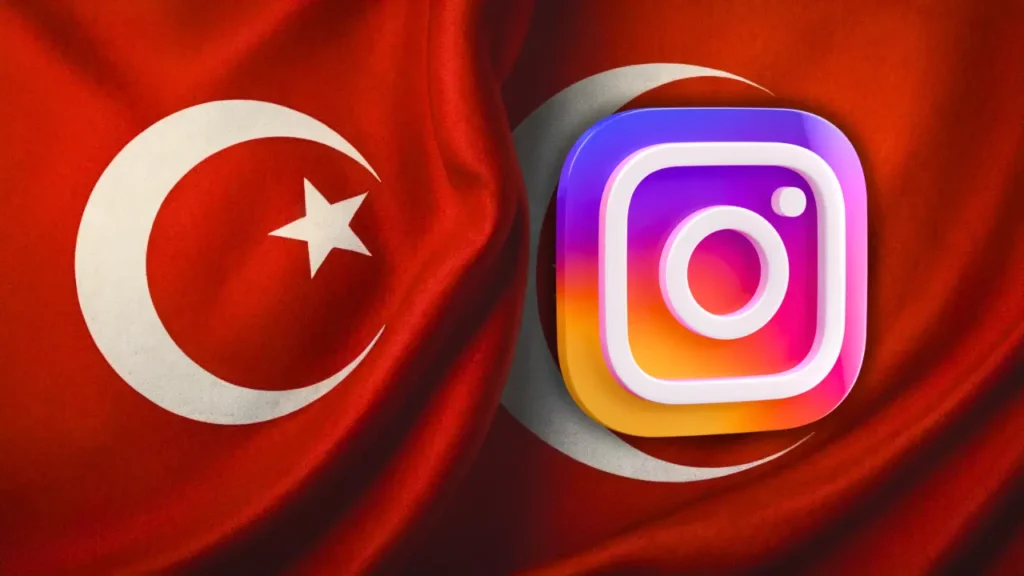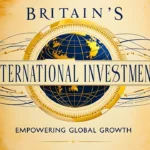On August 2, 2024, Turkey’s national communications authority, the Information and Communication Technologies Authority (BTK), initiated a sweeping nationwide restriction on Instagram, effectively cutting off millions of Turkish users from the globally celebrated social media platform.
This abrupt decision has incited a wave of bewilderment and frustration among the country’s population.
Speculated Reasons Behind the Blockade
The burning question echoing across Turkey is: What prompted Turkey to block Instagram? The official rationale behind this sudden restriction remains shrouded in mystery, as the BTK’s announcement provided minimal clarity. Nevertheless, various sources have floated a number of theories regarding the potential motivations behind this move.

One prominent theory ties the ban to the removal of posts expressing sympathy for Hamas’ political leader, Ismail Haniyeh, who recently passed away in Tehran. Turkish President Recep Tayyip Erdoğan, known for his staunch opposition to Israel, has notably refrained from classifying Hamas as a terrorist organization, opting instead to characterize its members as “liberation fighters.”
Fahrettin Altun, the Presidential Communications Director, sharply criticized Instagram’s actions, denouncing them as a “very clear and obvious attempt at censorship.“ Despite the widespread belief in this explanation, an anonymous BTK official hinted that the ban might also stem from other concerns, including “criminal content” such as posts that disparage Mustafa Kemal Atatürk, the revered founder of modern Turkey, as well as content associated with narcotics and pedophilia.
Impact and Public Response
With approximately 50 million Instagram users among Turkey’s 85 million residents, the suspension of the platform has had profound effects.
The sudden blackout triggered a flurry of complaints and humorous reactions across alternative social media platforms, such as X (formerly Twitter). Users flooded these platforms with memes, vented their frustrations, and sarcastically pondered where they would now turn to showcase their meticulously curated photos.

Turkey’s track record of internet censorship is well-documented. The nation has previously restricted access to major websites, a pattern mirrored in other countries. Notably, YouTube was banned from 2007 to 2010, and Wikipedia was rendered inaccessible from April 2017 until January 2020 due to content that allegedly linked the Turkish government to terrorism. These measures have consistently drawn fierce criticism from free speech advocates and human rights organizations, who contend that such policies constitute a severe infringement on civil liberties.
Broader Implications and Future Outlook
The Instagram ban is emblematic of Turkey’s increasingly stringent approach to internet regulation. According to the Freedom of Expression Association, since 2022, hundreds of thousands of domains have been blocked, underscoring the Turkish government’s progressively rigid stance on internet content control.
Additionally, this situation has sparked significant economic concerns. Digital law expert Yaman Akdeniz has highlighted the potential financial ramifications, estimating that Turkey could incur losses of around $57 million in daily economic activity due to the ban. Furthermore, a legal battle is currently underway, with leading Turkish law professors challenging the legality of the ban in court.

The Turkish government has indicated its intent to engage in discussions with Instagram representatives to address the issue. Minister of Transportation and Infrastructure, Abdulkadir Uraloğlu, has stated that these discussions will seek to resolve the underlying problems and explore potential solutions.
Concluding Thoughts
As the situation stands, Instagram remains inaccessible within Turkey. However, Turkish officials are in ongoing dialogue with Instagram’s representatives, and should the platform meet Turkey’s demands, the ban may eventually be lifted. Until then, over 50 million Turkish users are left grappling with the abrupt loss of access to one of the world’s most popular social media platforms.



